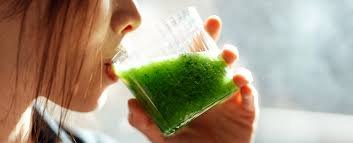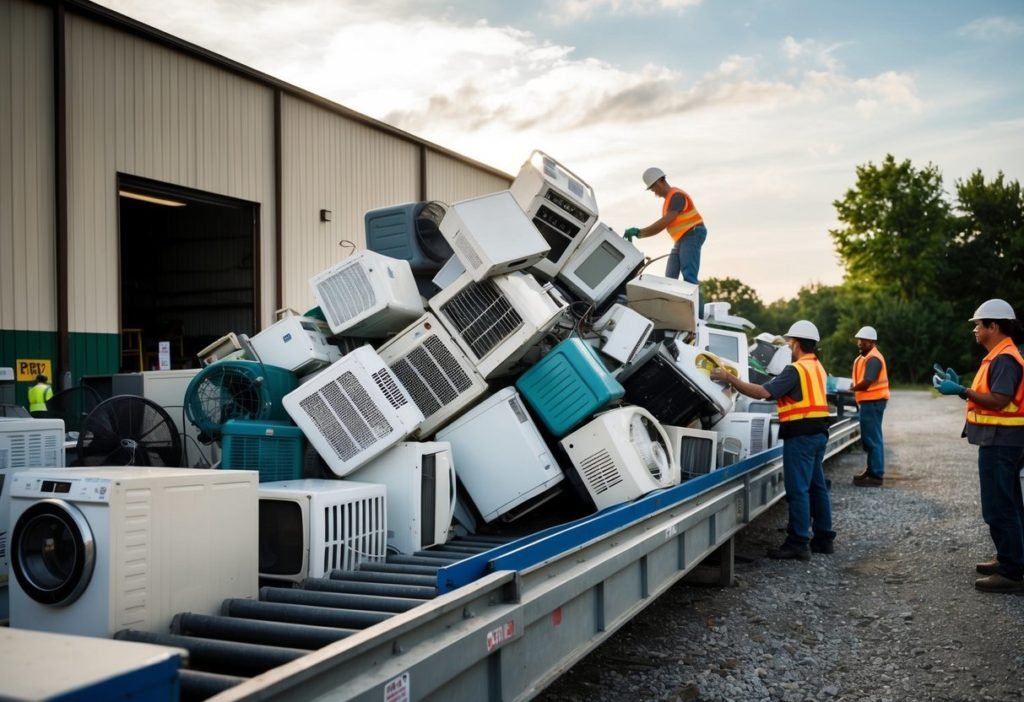Detox drinks have surged in popularity, promising to flush toxins, boost energy, and enhance overall health. From vibrant green smoothies to trendy charcoal-infused waters, these beverages claim to cleanse the body and reset your system. But do detox drinks actually work, or are they just another wellness fad capitalizing on our desire for quick health fixes? This blog post dives deep into the science, myths, and realities surrounding detox drinks, offering an evidence-based perspective on their effectiveness.
With health-conscious consumers flocking to detox products, it’s crucial to separate fact from fiction. Are these drinks genuinely capable of purging harmful substances, or do they simply offer a placebo effect wrapped in a colorful bottle? Let’s explore the claims, scrutinize the science, and uncover whether detox drinks deserve a spot in your daily routine.
The Allure of Detox Drinks: Why Are They So Popular?
Detox drinks have become a staple in the wellness industry, fueled by celebrity endorsements and social media influencers showcasing their vibrant concoctions. These beverages often promise to eliminate toxins, improve digestion, and even aid weight loss, appealing to those seeking a quick path to better health. The idea of a drink that can “cleanse” the body is undeniably attractive, especially in a world where we’re constantly exposed to pollutants, processed foods, and stress.
However, the popularity of detox drinks isn’t just about health claims—it’s also about marketing. Companies craft compelling narratives, positioning their products as essential for modern living. Bright packaging, exotic ingredients like spirulina or activated charcoal, and buzzwords like “cleanse” or “purify” create a sense of urgency and necessity. But before you stock your fridge with these elixirs, it’s worth asking: do these drinks deliver on their promises, or are they riding the wave of clever branding?
The Science of Detoxification: What Does Your Body Already Do?
Your body is a remarkable machine, equipped with its own detoxification systems—primarily the liver, kidneys, and digestive tract. The liver filters blood, neutralizing harmful substances and converting toxins into waste that the kidneys then excrete. Meanwhile, the lungs expel carbon dioxide, and the skin eliminates waste through sweat. These natural processes work tirelessly to keep your body clean, without the need for a special drink.
Scientific evidence suggests that the body’s detoxification mechanisms are highly efficient when supported by a balanced diet and healthy lifestyle. For instance, adequate hydration and nutrient-rich foods like fruits, vegetables, and whole grains enhance the liver’s ability to process toxins. However, there’s little research to support the idea that detox drinks significantly boost these natural processes. Most studies indicate that while certain ingredients in these drinks—like antioxidants in green tea or fiber in smoothies—can support overall health, they don’t directly “detox” the body beyond what it already does.
Do Detox Drinks Actually Work? Examining the Evidence
When it comes to the question, “do detox drinks actually work,” the answer hinges on what you expect them to achieve. If the goal is to remove specific toxins, the evidence is slim. Most detox drinks lack rigorous clinical studies proving they eliminate harmful substances more effectively than the body’s natural systems. For example, claims about flushing out heavy metals or pesticides often rely on anecdotal reports rather than peer-reviewed research. This raises skepticism about their true efficacy.
That said, some detox drinks can offer indirect benefits. Ingredients like ginger, lemon, or turmeric have anti-inflammatory properties, which may support digestion or reduce bloating. Additionally, replacing sugary sodas or alcohol with a nutrient-packed smoothie can improve hydration and provide essential vitamins. For those seeking reliable information on detox practices, resources like do detox drinks actually work offer insights into science-backed cleansing methods. However, expecting a single drink to overhaul your health or erase years of poor habits is unrealistic—lasting wellness requires consistent, holistic changes.
Potential Risks and Downsides: What You Need to Know
While detox drinks are often marketed as safe and natural, they’re not without risks. Some products contain high doses of certain ingredients, like laxatives or diuretics, which can lead to dehydration, electrolyte imbalances, or digestive discomfort. For instance, drinks with excessive amounts of senna or cascara sagrada—common in “cleansing” teas—can cause cramping or diarrhea if overused. Consumers with pre-existing health conditions, such as kidney disease or diabetes, should be particularly cautious.
Moreover, the detox industry often promotes restrictive diets alongside these drinks, which can lead to nutrient deficiencies or unsustainable weight loss. Rapid weight loss from detox regimens is typically due to water loss or reduced calorie intake, not fat loss, and the weight often returns quickly. Before starting any detox program, consult a healthcare professional to ensure it’s safe for your body. The promise of a quick fix can be tempting, but prioritizing long-term health over short-term trends is always wiser.
A Balanced Approach: How to Support Your Body’s Natural Detox
Instead of relying on detox drinks, focus on sustainable habits that enhance your body’s natural detoxification processes. Drinking plenty of water, eating a diet rich in fiber, and incorporating antioxidant-packed foods like berries or leafy greens can support your liver and kidneys. Regular exercise also plays a key role, as it boosts circulation and helps your body eliminate waste more efficiently. These simple, evidence-based practices are often more effective than any bottled cleanse.
Additionally, prioritize sleep and stress management, as both impact your body’s ability to function optimally. Chronic stress, for example, can elevate cortisol levels, which may strain your liver over time. By building a lifestyle that includes balanced nutrition, physical activity, and adequate rest, you create an environment where your body can thrive without the need for trendy drinks. Ultimately, the best “detox” is a consistent commitment to healthy living, not a quick sip from a bottle.
Conclusion: Sip Wisely, Live Well
Detox drinks may sound like a shortcut to vitality, but the science tells a more nuanced story. While some ingredients offer health benefits, there’s no evidence that these beverages outperform your body’s built-in detoxification systems. Instead of chasing the next wellness trend, invest in habits that support your liver, kidneys, and overall well-being. A balanced diet, regular exercise, and proper hydration are far more effective than any drink claiming to “cleanse” your system.
Next time you’re tempted by a flashy detox drink, pause and consider what your body truly needs. Are you nourishing it with whole foods? Are you staying active and hydrated? By focusing on these fundamentals, you can achieve lasting health without falling for marketing hype. Sip wisely, and let your body do what it does best—keep you thriving.




